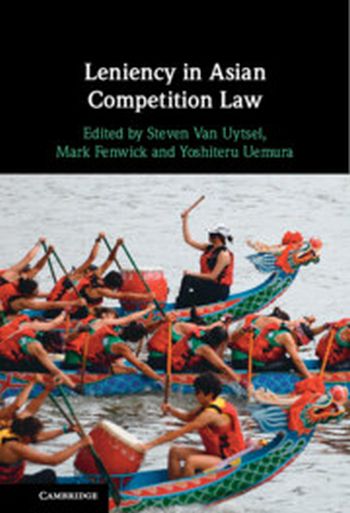
In response to cartel formation, competition lawyers and policymakers in nine Asian jurisdictions have experimented with leniency programmes. This mechanism allows firms to come forward with information in relation to their illegal cartel participation in return for a reduction of or immunity from a sanction. The experimentation plays out across three different dimensions: the revision of early adopted leniency programmes, the introduction of newly written leniency programmes, and the decision – deliberate or otherwise – not to create a leniency programme. This volume is the first to analyse the empirical evidence across a number of countries to determine how effective these measures have been, and how they have been amended in response to problems encountered. In this volume, local experts from key Asian jurisdictions, together with international experts, offer an introduction to this fast-developing field, and explore the theoretical, international and regulatory contexts of leniency programmes.